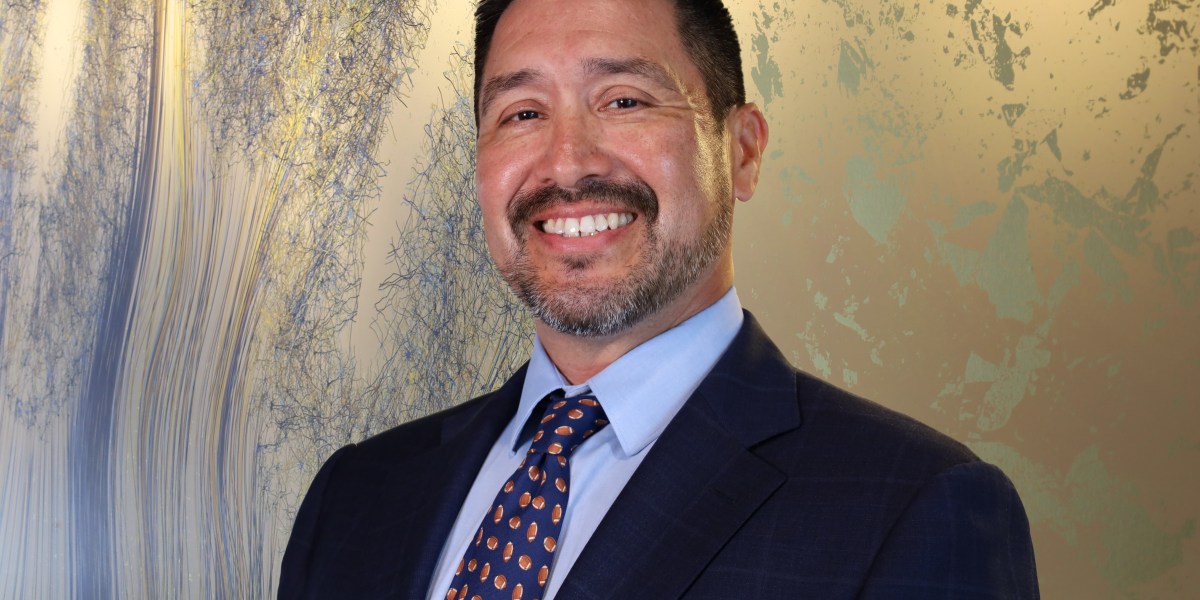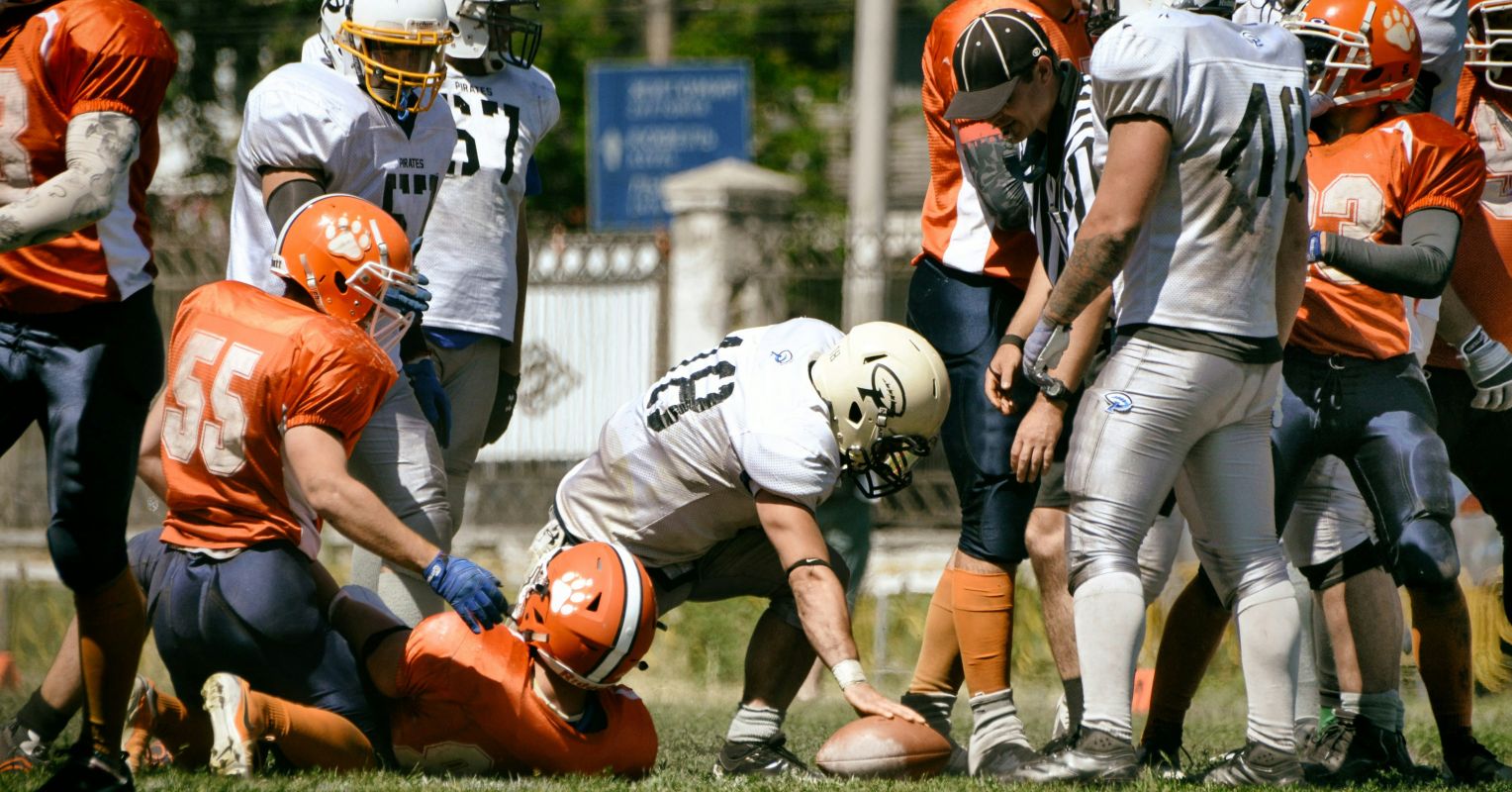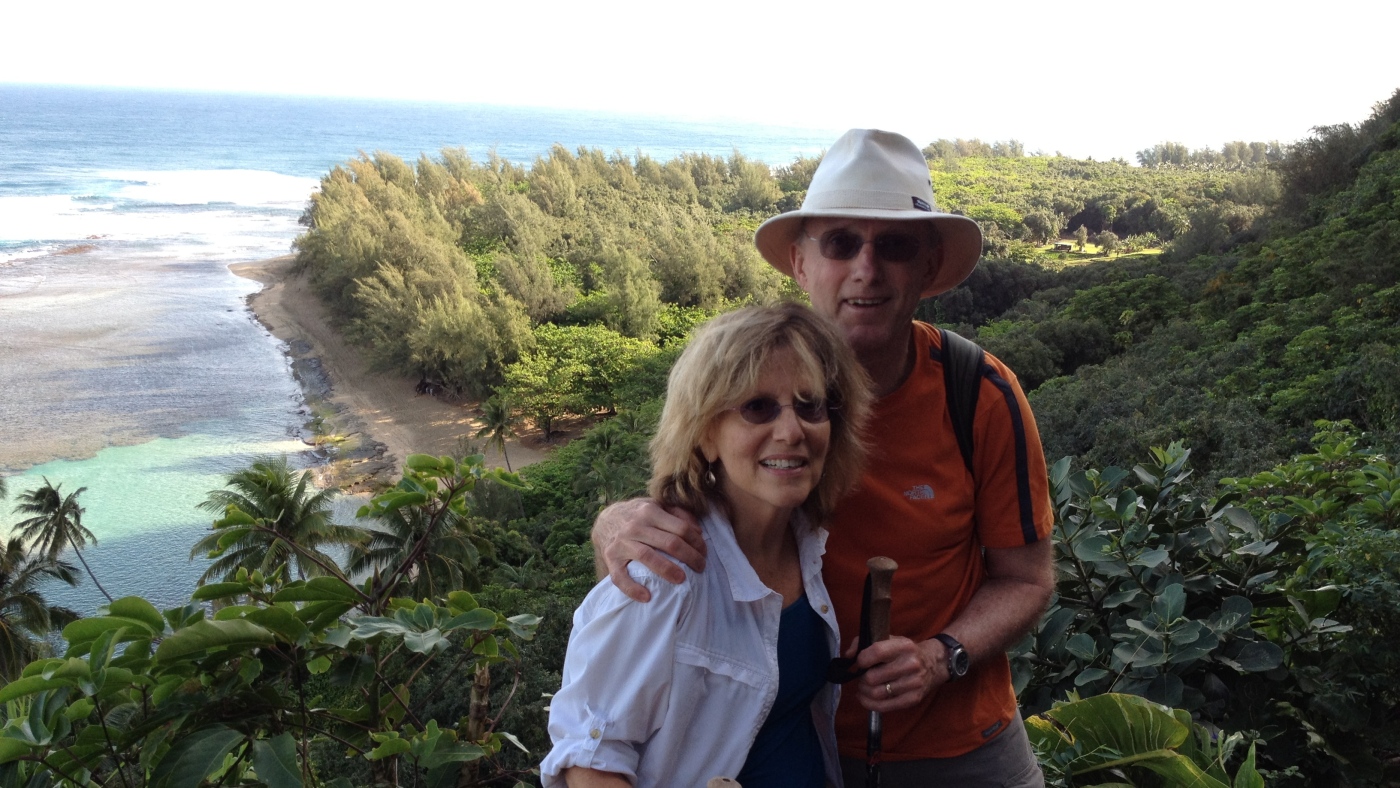fromCurbed
1 week agoThe Musician Dorms of Midwood
In good times, klezmer singer and composer Éléonore Weill makes most of her living playing gigs around the city under her name or fronting the two bands Fada and Tsibele. But when the COVID pandemic began, she got divorced and had to move out of the Kensington house she shared with her ex-husband. Then she was hit by a car, which left her with a traumatic brain injury.
NYC music





